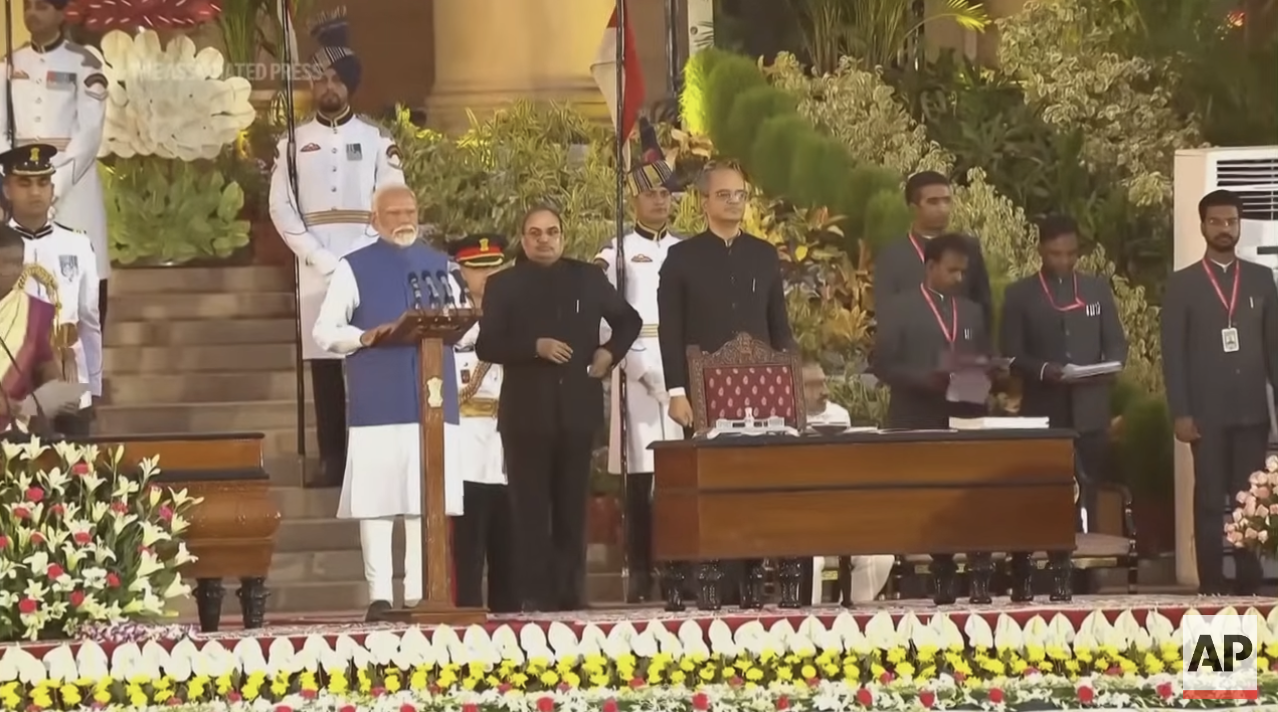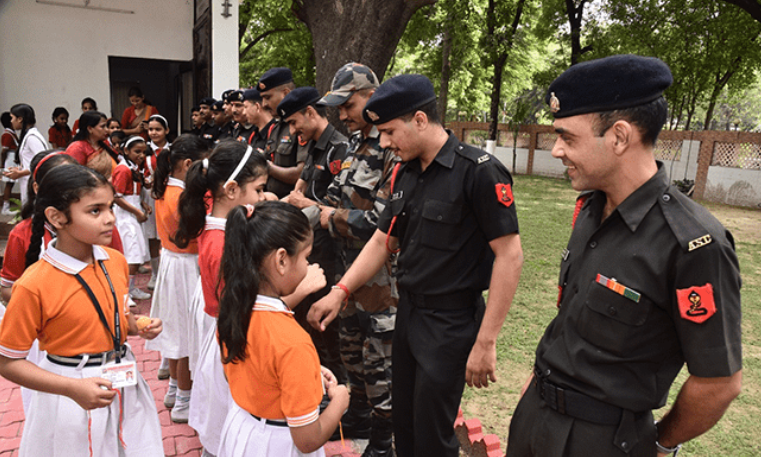
DURBAN, South Africa — This past March 23, an interfaith prayer meeting was held at the Phoenix Settlement near Durban, established by Mahatma Gandhi in 1904. Organized by Ela Gandhi, founder and chair of the Gandhi Development Trust, the meeting featured remarks from Christian, Muslim, Baha’i, Shembe and other speakers calling for “peaceful, free and fair elections in South Africa.”
Within days, the event began to receive backlash on social media. The reason? No Hindu religious leader offered a prayer. Social media posts argued that this was an intentional act of “mass indoctrination … going on 120 years later in the name of Gandhi,” committed by “the Gandhi family” with the intention of “disdain” and “disrespect to Hindus.” Other posts took on an anti-Muslim tone, accusing Ela Gandhi and Mahatma Gandhi of being partial to Muslims.
In a telephone conversation, Ela Gandhi dismissed the backlash as “some people trying to make mischief.” Nonetheless, she felt compelled to write a 1,600-word rebuttal in The Post, clarifying that although she invited several Hindu organizations, none of them were able to send a representative that day.
How did religious tensions from India get mixed up with an event focused on South Africa’s recently-concluded elections?
Although it may seem surprising, these incidents are on the rise in South Africa’s Indian community. Over the last decade, under the Modi government (which has retained power following the recent Indian elections), Hindu nationalism has become the dominant political ideology in India. Proponents of Hindu nationalism argue that being Indian should be synonymous with being Hindu, which has led to increased religious and political tensions in the Indian diaspora — including in South Africa.
This story was originally published in religionunplugged.com. Read the full story here.






